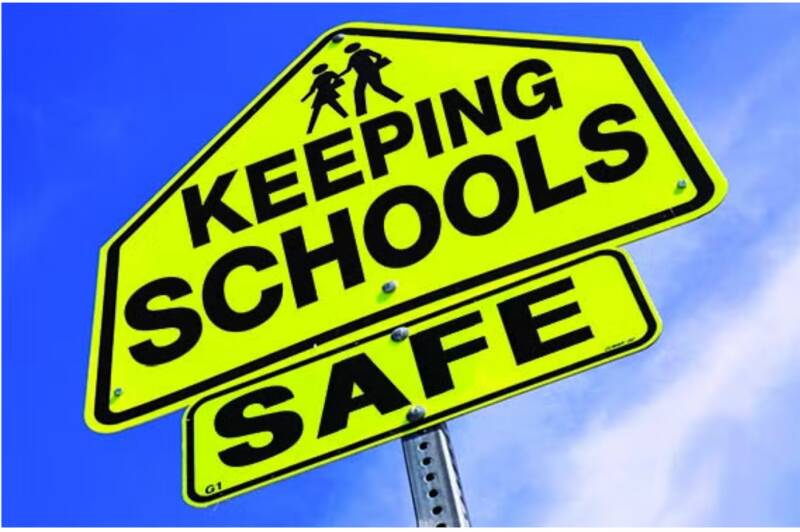By Michael R. Grigsby, Editor | Somerset-Pulaski Advocate

Image: Canva
Somerset, Kentucky (SPA)---As the new academic year approaches, public school districts across Kentucky—particularly in Louisville—are rapidly adapting to comply with Senate Bill 181, a newly enacted state law that imposes strict limits on how educators and coaches may communicate with students.
Signed into law by Governor Andy Beshear after passing unanimously (137–0) in both chambers of the Kentucky General Assembly, Senate Bill 181 mandates that all electronic communication between school district personnel and students must be traceable, with parents or guardians copied on every exchange. The law applies to teachers, coaches (both paid and volunteer), and other school-affiliated personnel and volunteers.
According to newly released guidance from the Kentucky Department of Education (2025), the law includes limited exceptions. Teachers may communicate privately with their own children or certain relatives enrolled in the school system. Additionally, parents may submit written requests to allow specific teachers to communicate with their children outside the approved communication system (e.g., via direct text messaging).
State Senator Lindsey Tichenor (R-Smithfield), the bill’s sponsor, stated that the legislation was intended to establish boundaries between educators and students amid growing concerns about grooming behaviors and inappropriate conduct.
“We are really laying down some guardrails that just have what naturally existed before social media, direct messaging, and texting,” Tichenor explained in an interview. “With this new access to children through electronic means and private formats, we don’t have those safeguards.”
Despite broad bipartisan support, the legislation has prompted concern among educators, particularly regarding unintended consequences. Teachers have cited practical challenges, such as being included in student group chats without knowing all participants or navigating emergencies in extracurricular settings.
These concerns became immediately relevant during a recent incident at the Kentucky Exposition Center, where an erroneous report of an “active aggressor” prompted a JCPS teacher to text players participating in the Run 4 Roses basketball tournament—technically violating the new statute.
In anticipation of the law’s enforcement, Jefferson County Public Schools (JCPS) began implementing updated protocols as early as June. Effective June 16, 2025, all communication by JCPS employees, coaches, and volunteers must go through a student’s parent or guardian, effectively prohibiting direct communication with students via text, group messaging apps, or private social media messages.
“Right now it’s a little bit more difficult because we are using our email, and our kids [aren’t] checking their emails,” said April Brooks, Executive Director of Athletics for JCPS, in a press briefing. JCPS staff may continue to post public announcements on social media platforms, but direct replies or private messages to students are strictly prohibited. Permissible communication methods, effective until August 1, include:
- Emails to students’ official JCPS accounts
- Printed flyers handed directly to students
- Public or group announcements on social media platforms
Starting August 1, JCPS plans to adopt Thrillshare, a digital communications platform that aligns with the law’s requirements. Parents will also have the opportunity to opt out of this platform in favor of another approved method.
JCPS has selected seven approved communication platforms for students and school staff:
- JCPS District Email
- Apptegy Rooms and Alerts
- Infinite Campus Messenger
- Google Workspace for Education
- Class Dojo
- Microsoft for Education
- Blackboard Ultra ONLY for JCPS eSchool and Pathfinder
Meanwhile, Tichenor acknowledged the law’s broad scope and the resulting confusion. She has received a “tremendous amount of emails and questions” and intends to propose clarifying legislation during the 2026 Kentucky General Assembly. Potential amendments may include refining the definition of a “volunteer,” such as clarifying whether a parent chaperoning a field trip is allowed to communicate with students directly. “Until then, for parents and educators, volunteers—just use the exemption and communicate through the means that the school districts have approved,” Tichenor advised.
***
Add comment
Comments